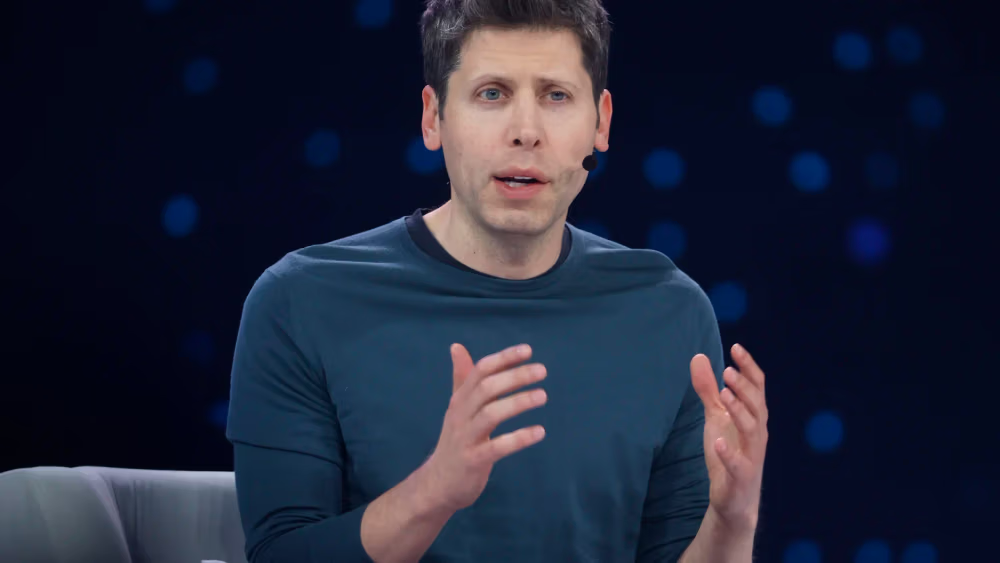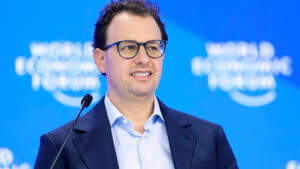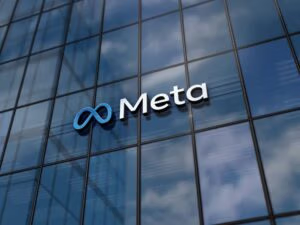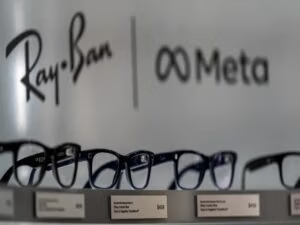Meta Platforms has attempted to lure top OpenAI talent with staggering signing bonuses—some as high as $100 million—along with even larger annual compensation packages, according to OpenAI CEO Sam Altman.
Altman disclosed the details on the “Uncapped” podcast, hosted by his brother, where he also emphasized that despite Meta’s aggressive efforts to hire away talent, OpenAI has remained intact.
“While Meta had sought to hire ‘a lot of people’ from OpenAI, ‘so far none of our best people have decided to take them up on that,’” Altman said.
He added, “I’ve heard that Meta thinks of us as their biggest competitor. Their current AI efforts have not worked as well as they have hoped and I respect being aggressive and continuing to try new things.”
The tech giant has significantly ramped up its artificial intelligence efforts in recent months. CEO Mark Zuckerberg is reportedly spearheading the development of a new “superintelligence” AI lab and has poured major resources into Meta AI, which oversees the company’s Llama series of open-source large language models.
According to a Wall Street Journal report, Meta recently postponed the release of its latest flagship AI model over concerns regarding its capabilities. Meanwhile, sources have told CNBC that Zuckerberg is so determined to elevate Meta’s AI standing that he is willing to invest billions to acquire top-tier talent.
Last week, Alexandr Wang, founder of Scale AI, announced his departure to Meta as part of a deal in which Meta acquired a 49% stake in the AI startup for $14.3 billion. Wang stated that a small number of Scale AI employees would also join Meta under the terms of the agreement.
The Times previously reported that Wang will lead a new Meta research lab aimed at developing “superintelligence”—a level of AI capability that surpasses human intelligence.
Meta has also recruited high-profile names like Jack Rae, a principal researcher at Google DeepMind, according to Bloomberg. The report noted that Zuckerberg has been personally involved in these recruitment efforts.
Speaking further on the podcast released Tuesday, Altman criticized Meta’s recruitment tactics, saying, “Meta’s strategy of offering a large, upfront, guaranteed compensation would detract from the actual work and not set up a winning culture.”
“I think that there’s a lot of people, and Meta will be a new one, that are saying ‘we’re just going to try to copy OpenAI,’” he added. “That basically never works. You’re always going to where your competitor was, and you don’t build up a culture of learning what it’s like to innovate.”
Still, high-value acquisitions and big bets on talent are common across the AI industry. Last month, OpenAI acquired io, an AI devices startup founded by former Apple design chief Jony Ive, in a $6.4 billion all-equity deal.
While some have questioned Meta’s progress in AI, others argue the company is foundational to the ecosystem.
“They basically built the rails for open source AI development, and so much of what is happening in AI is being built on Meta,” said Daniel Newman, CEO of Futurum Group, during an appearance on CNBC’s Power Lunch.
Open-source AI, such as Meta’s Llama, has allowed developers to access and build upon code freely, spurring widespread application development. Newman added that Meta’s “massive investments, such as in ScaleAI, will continue to push it forward in training its behemoth models.”






